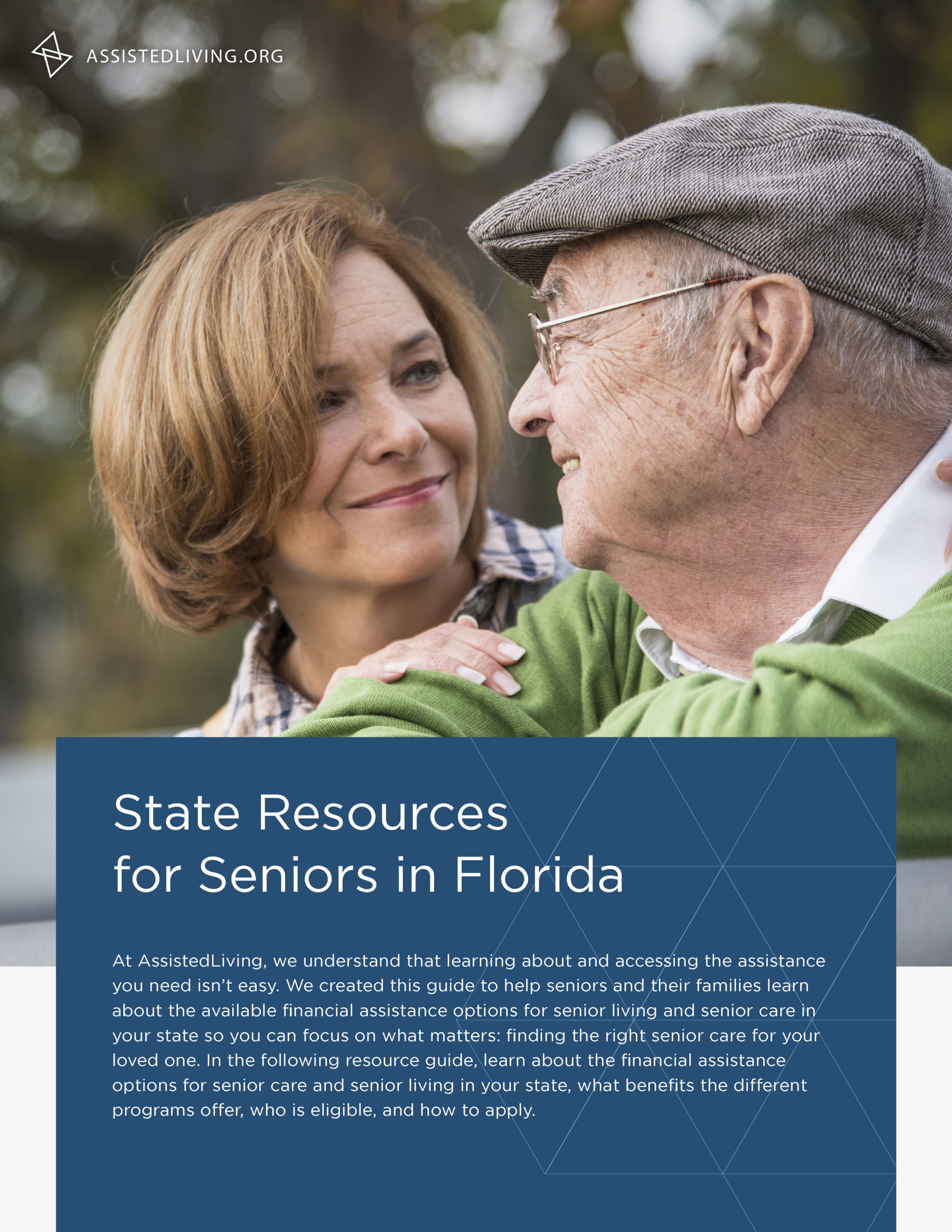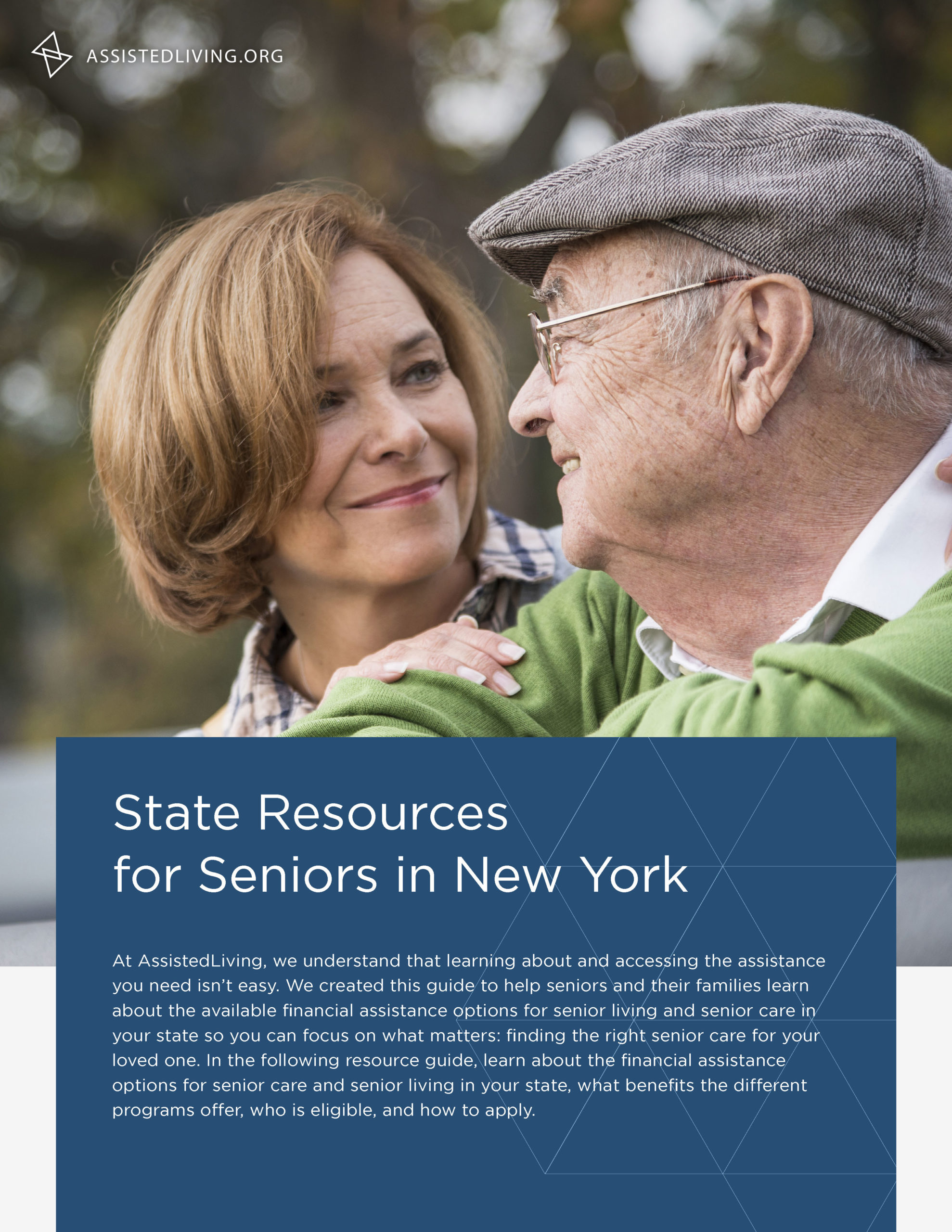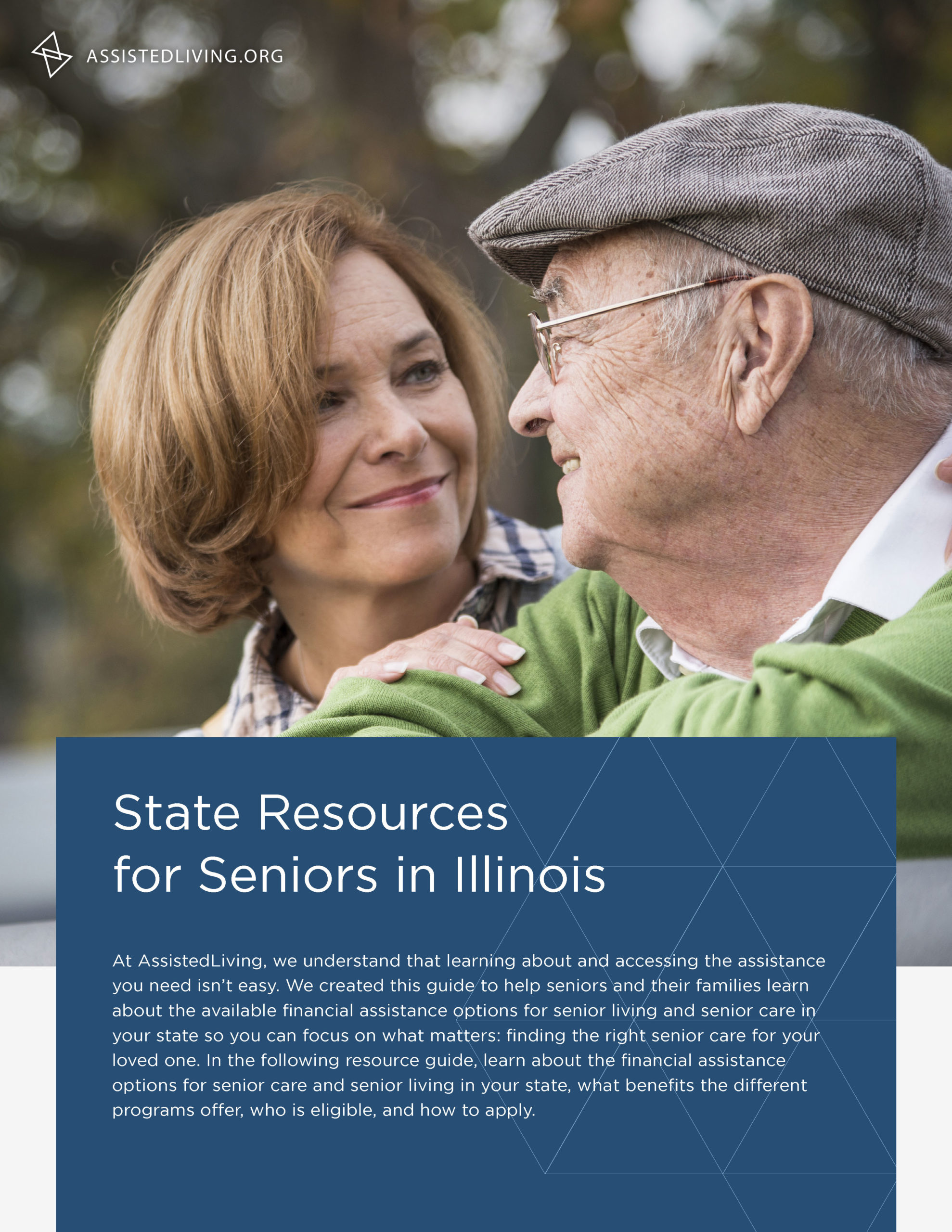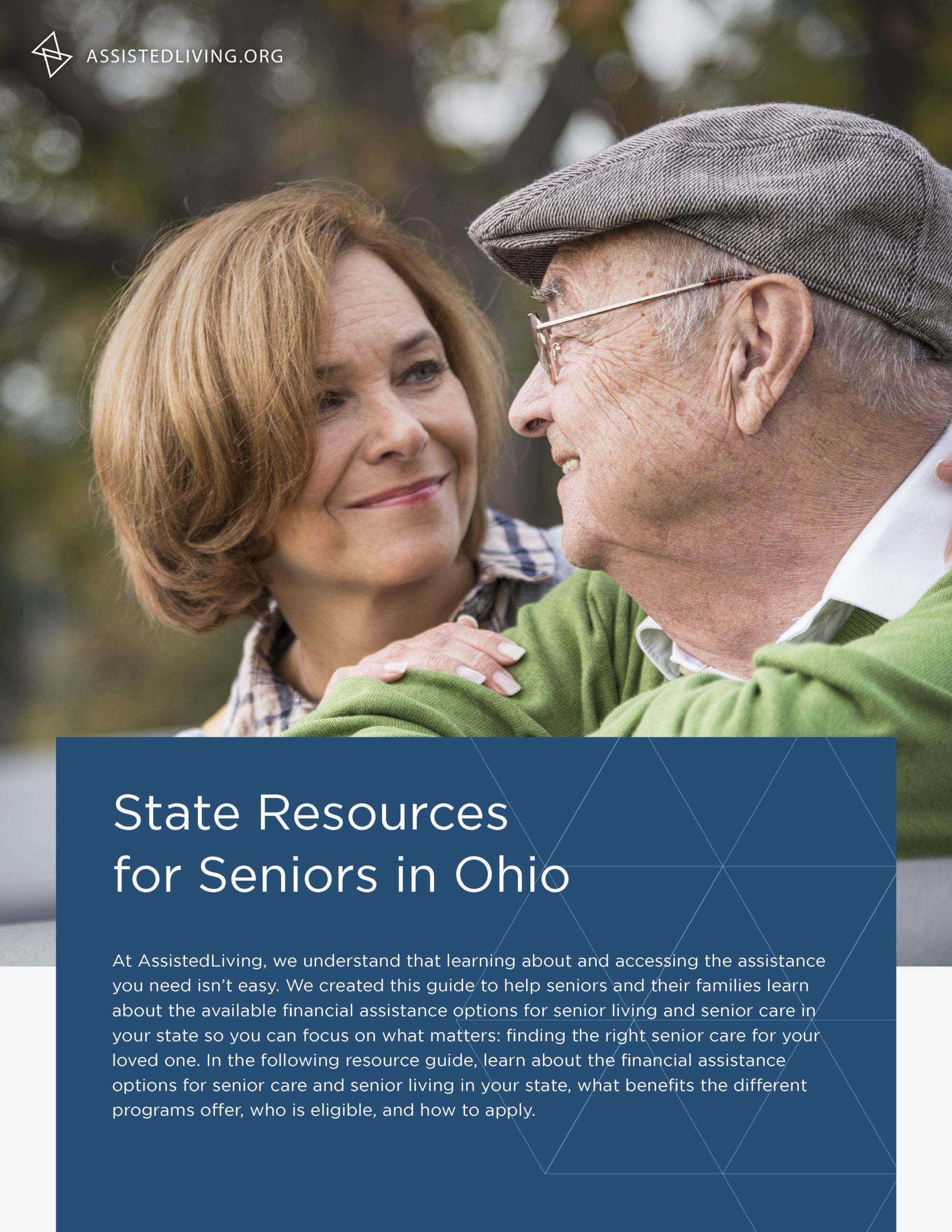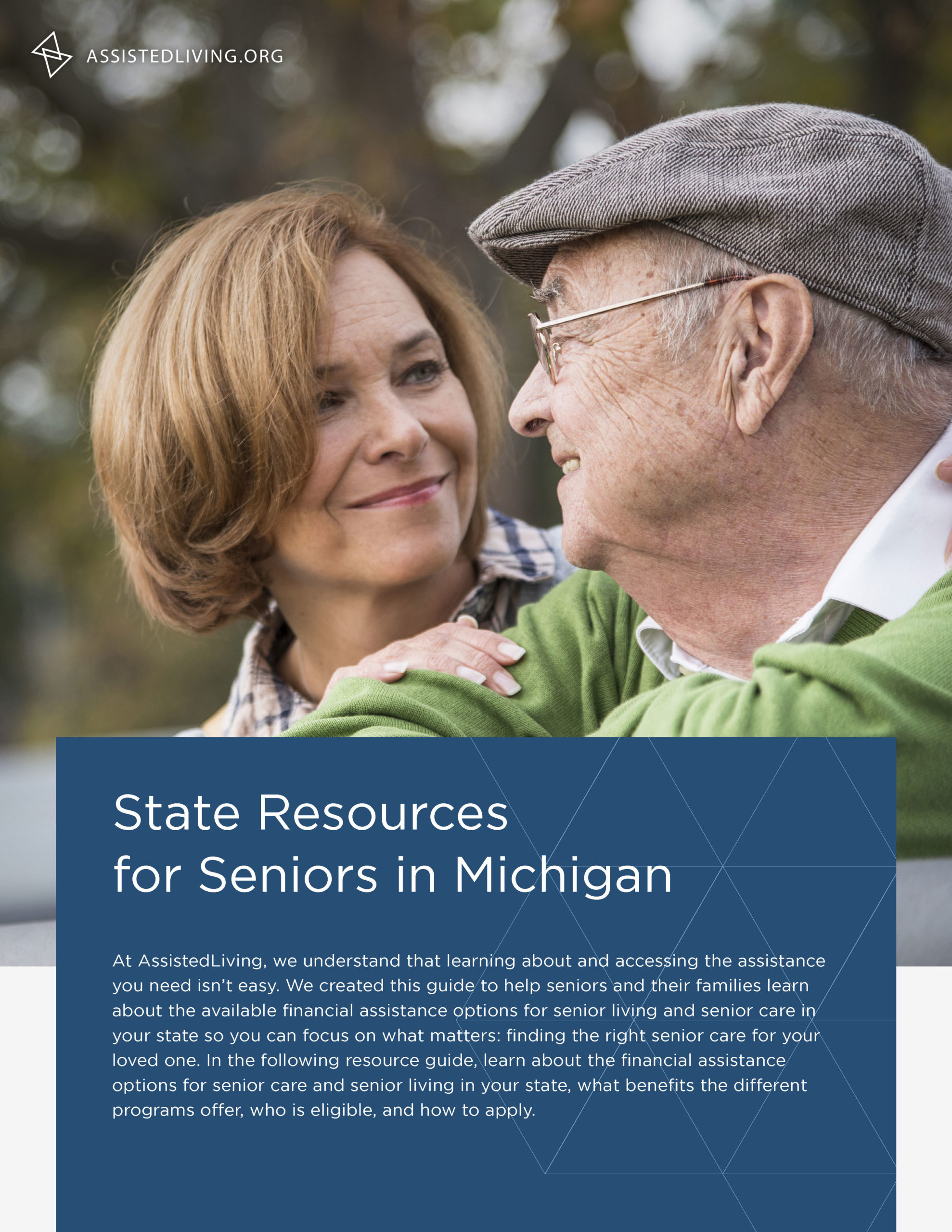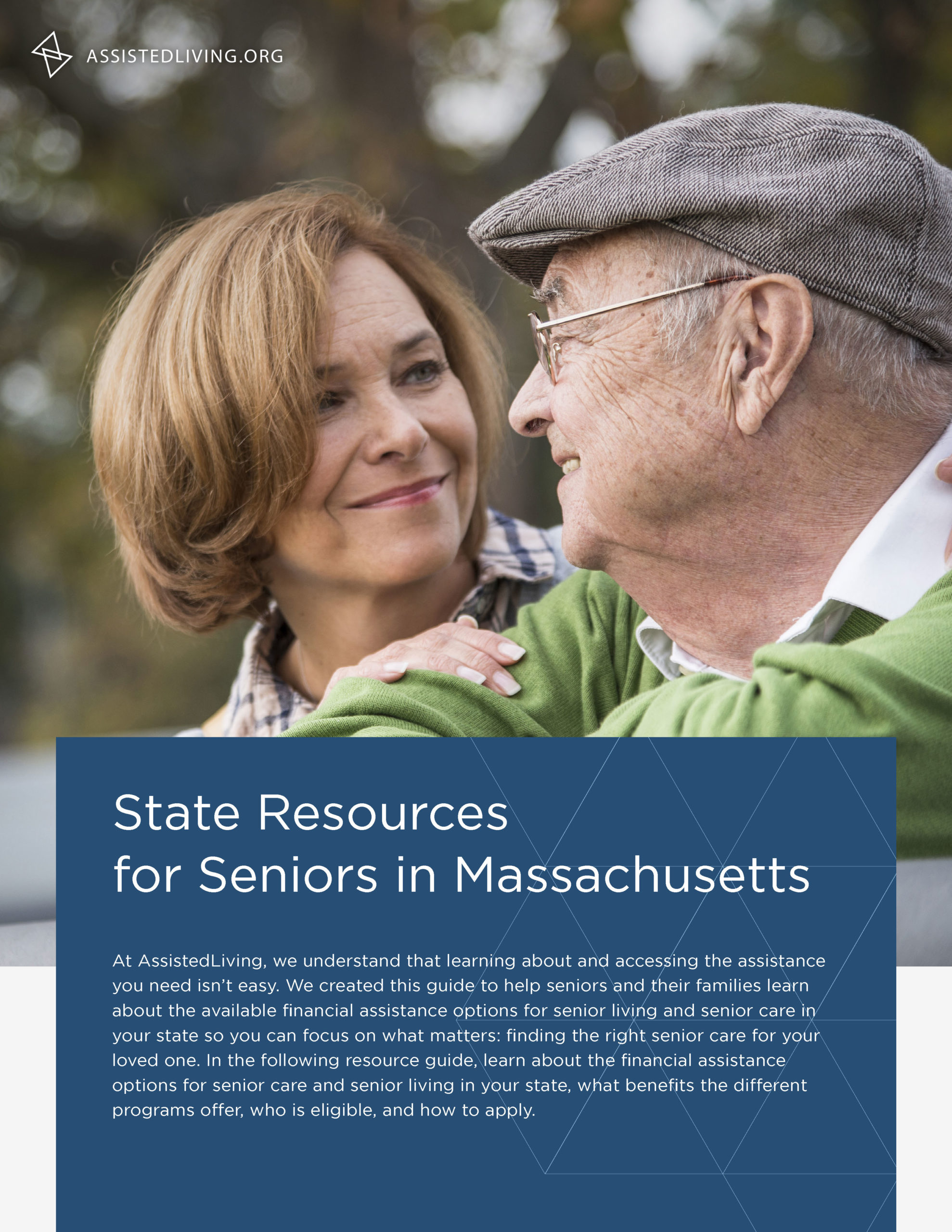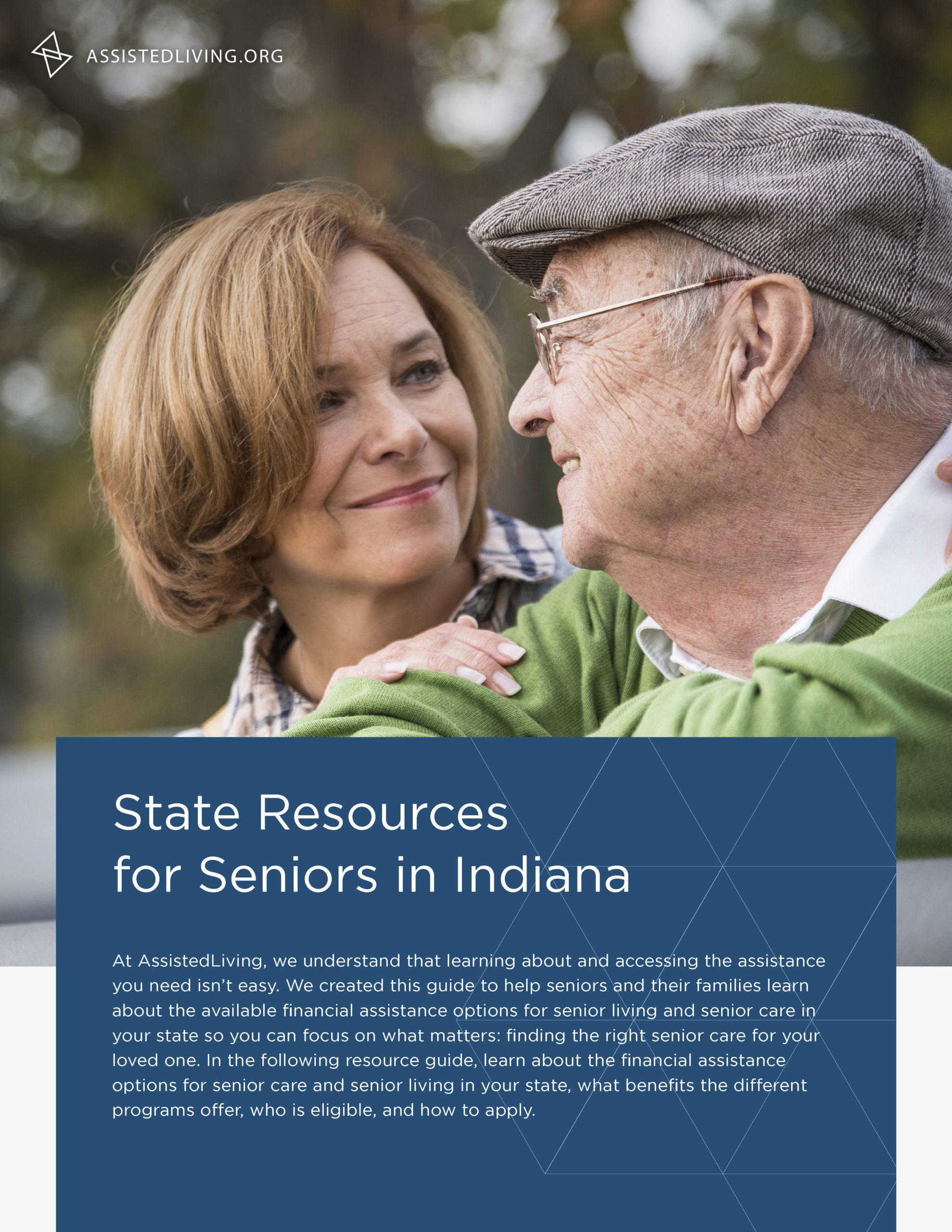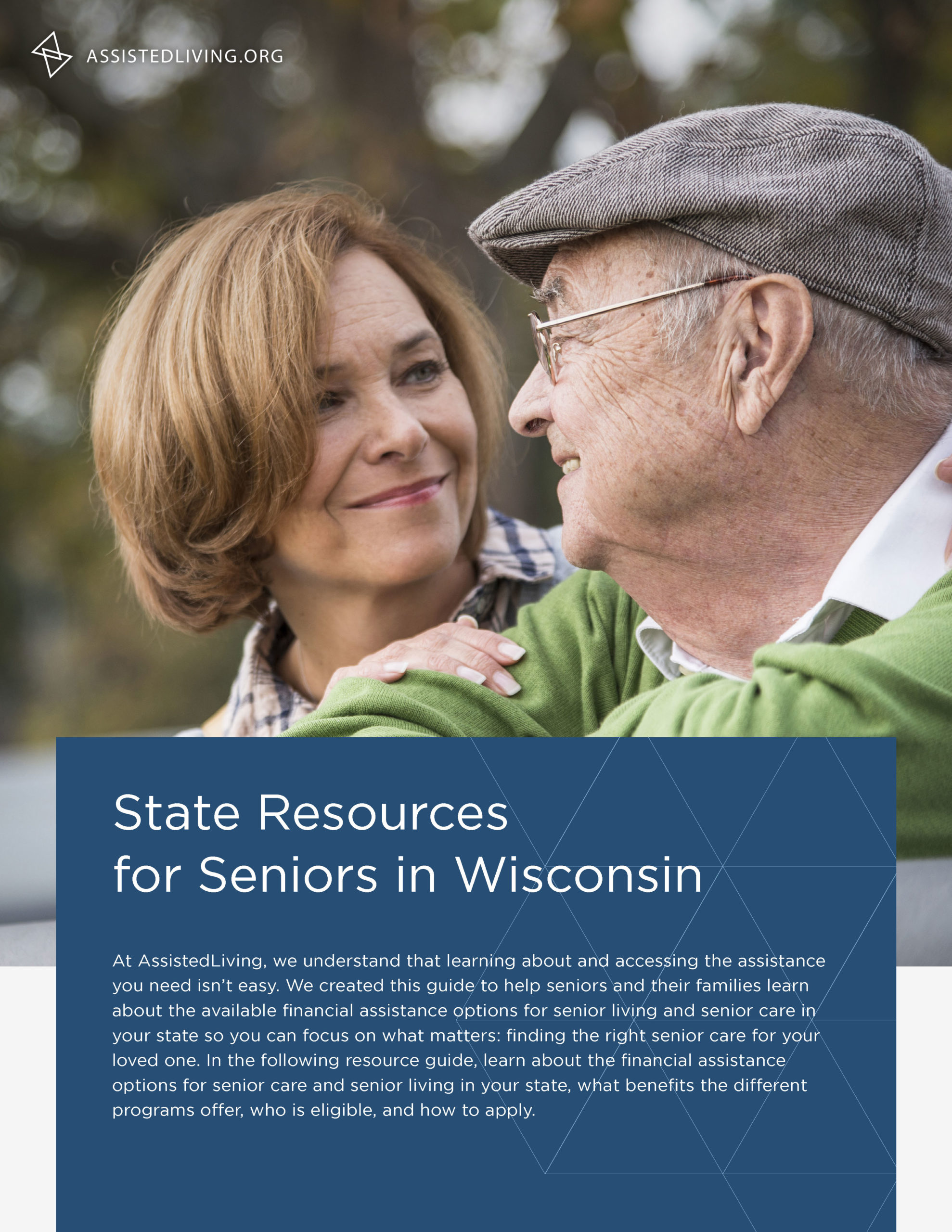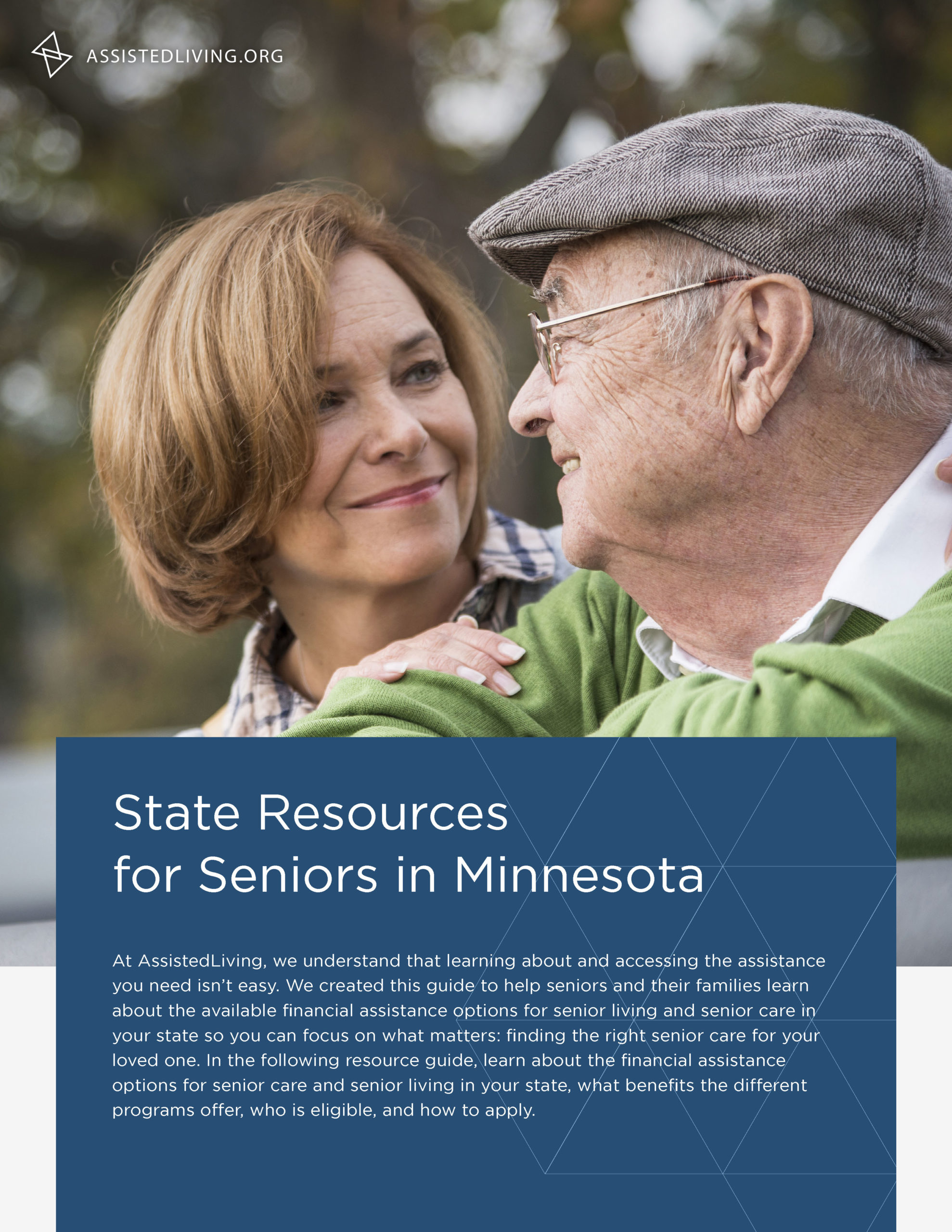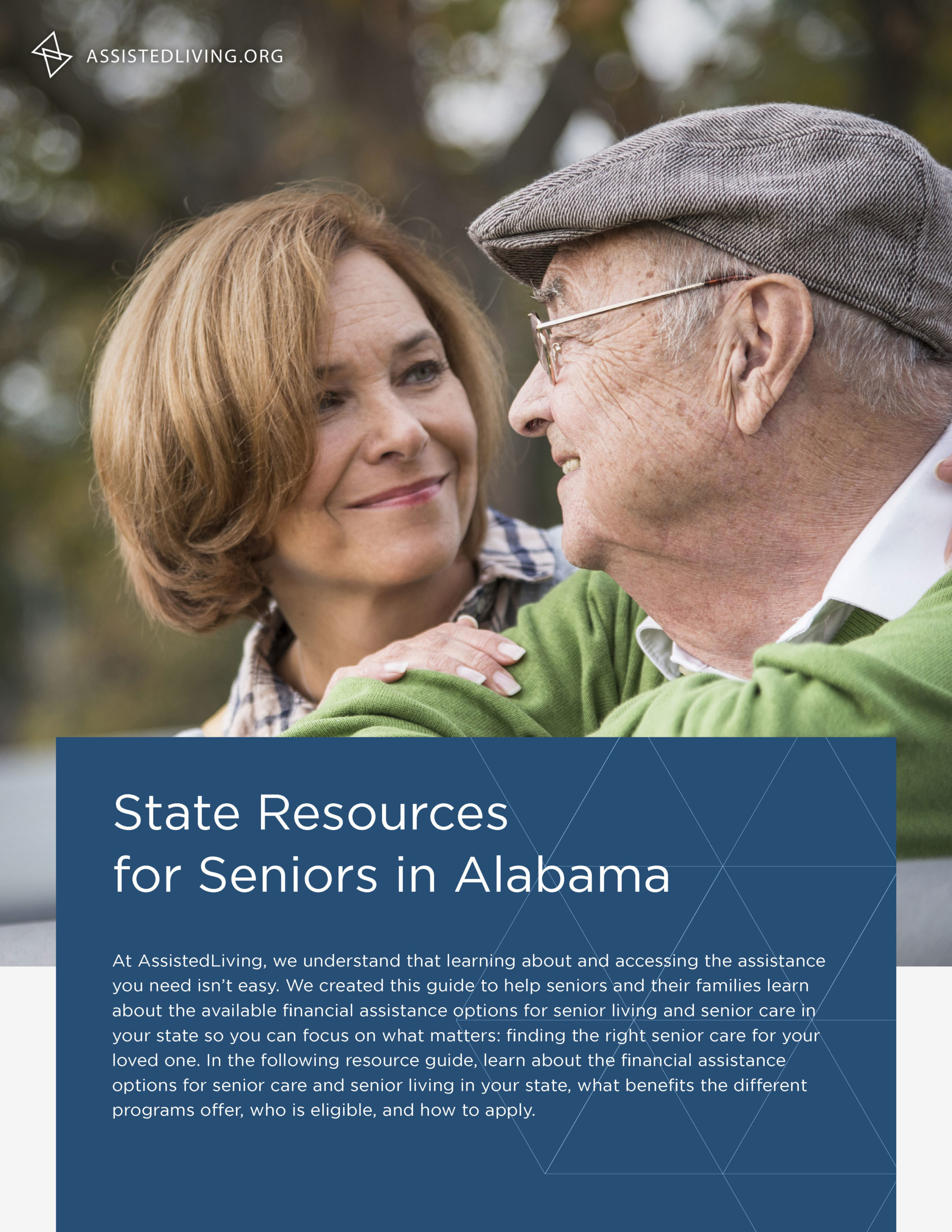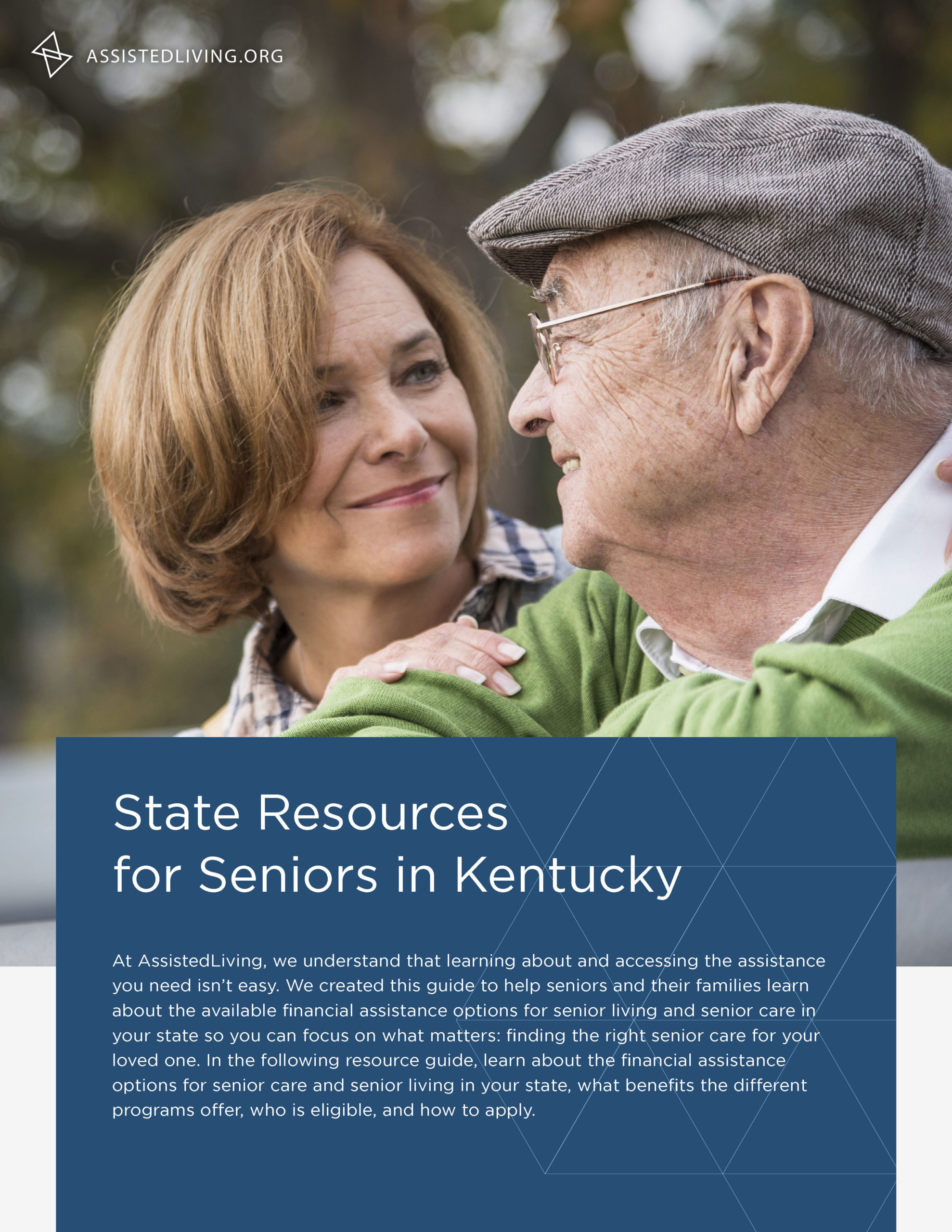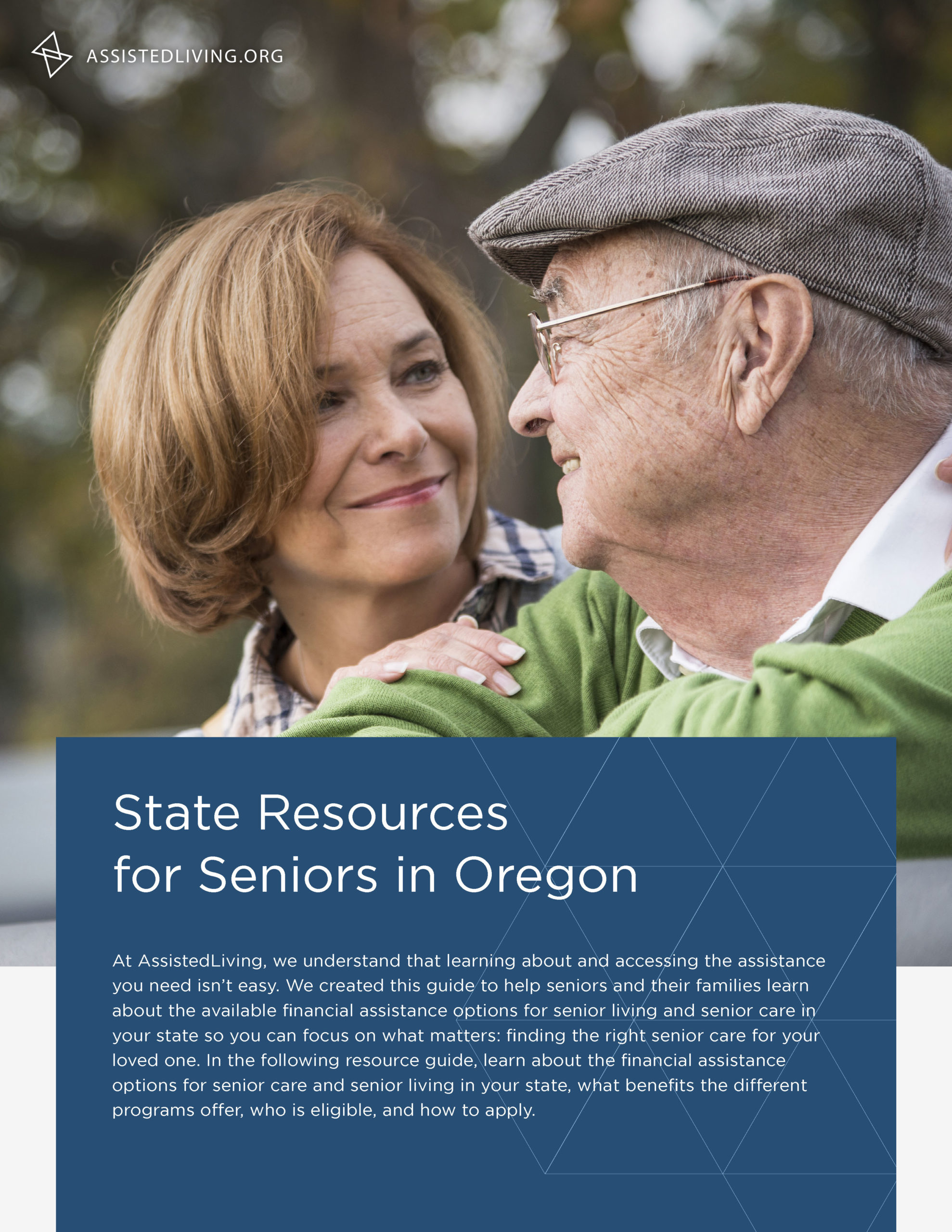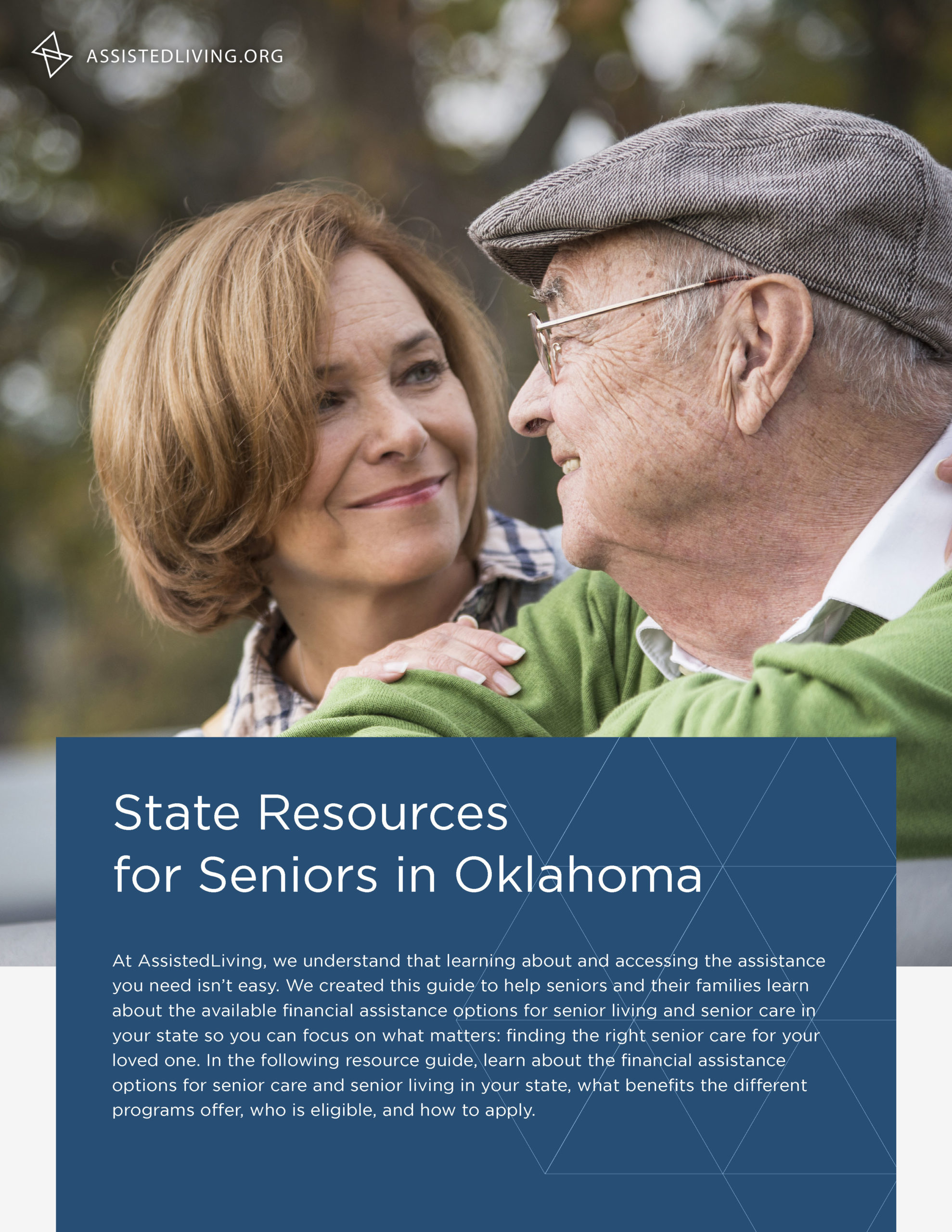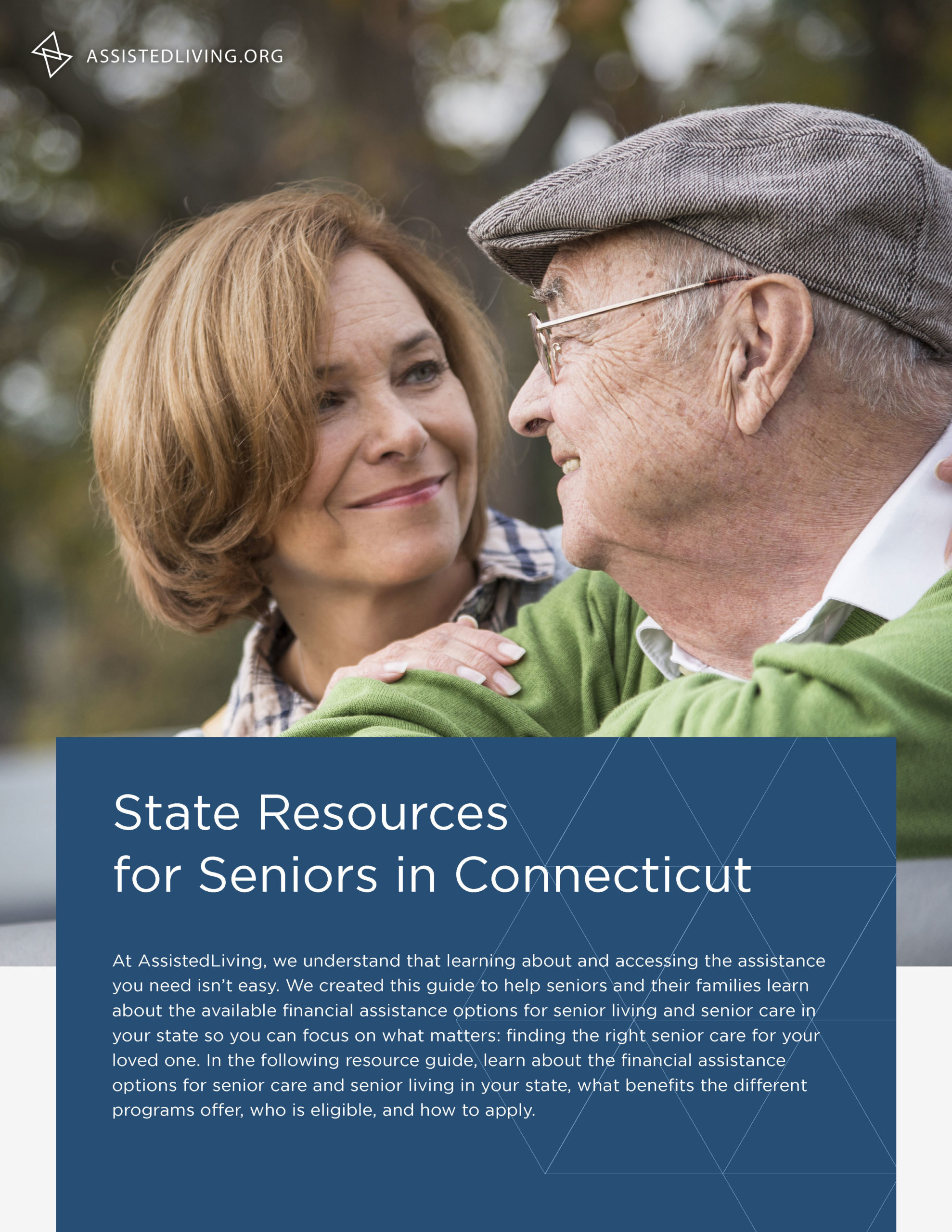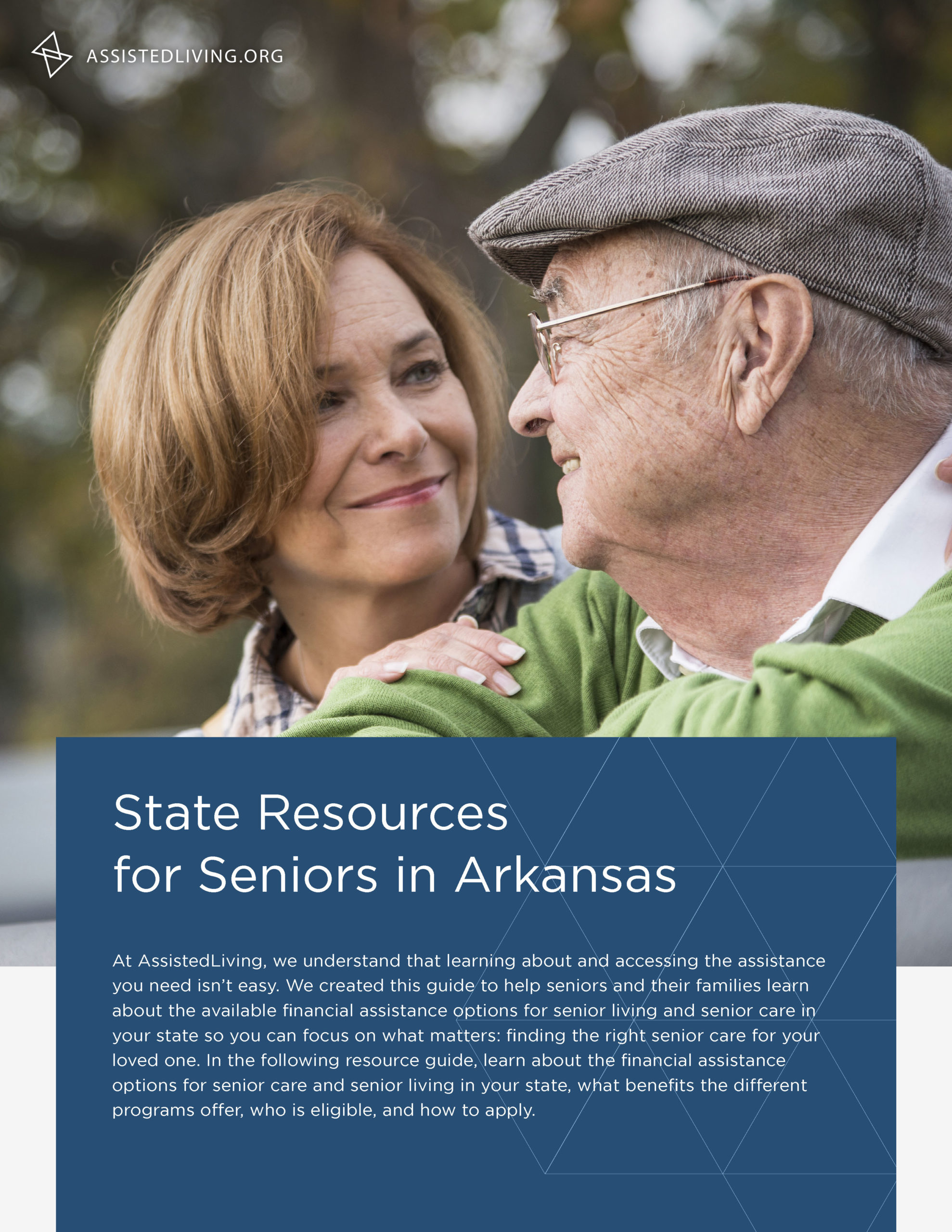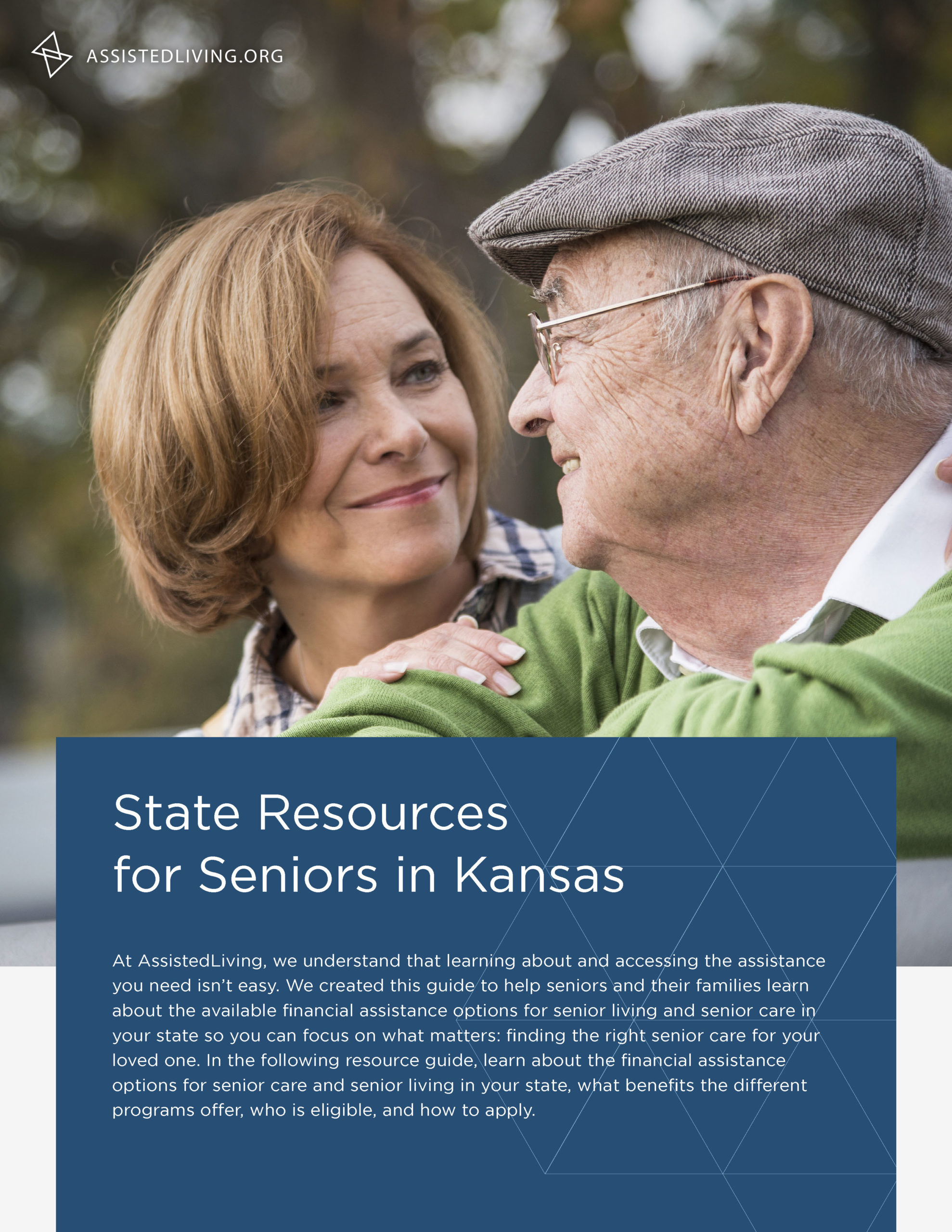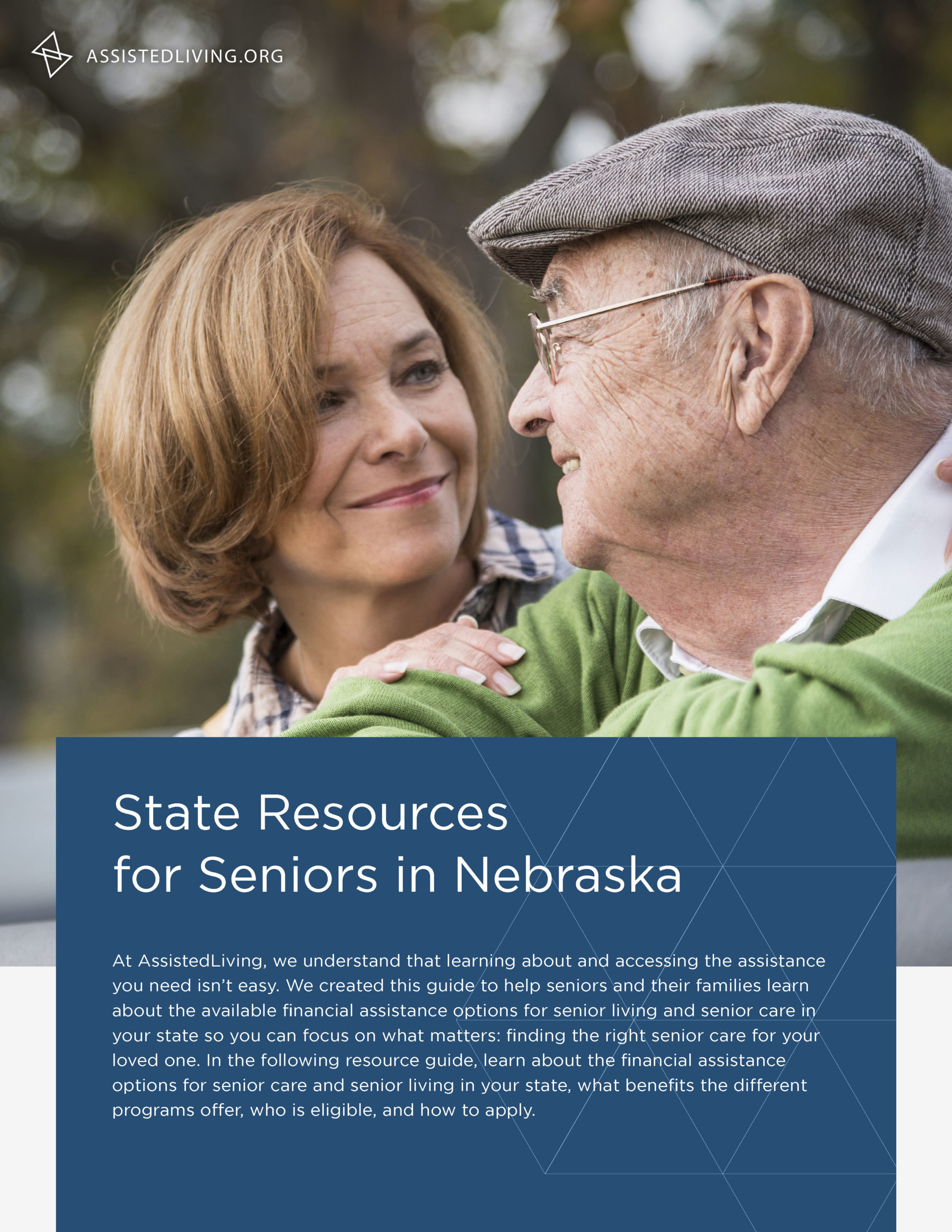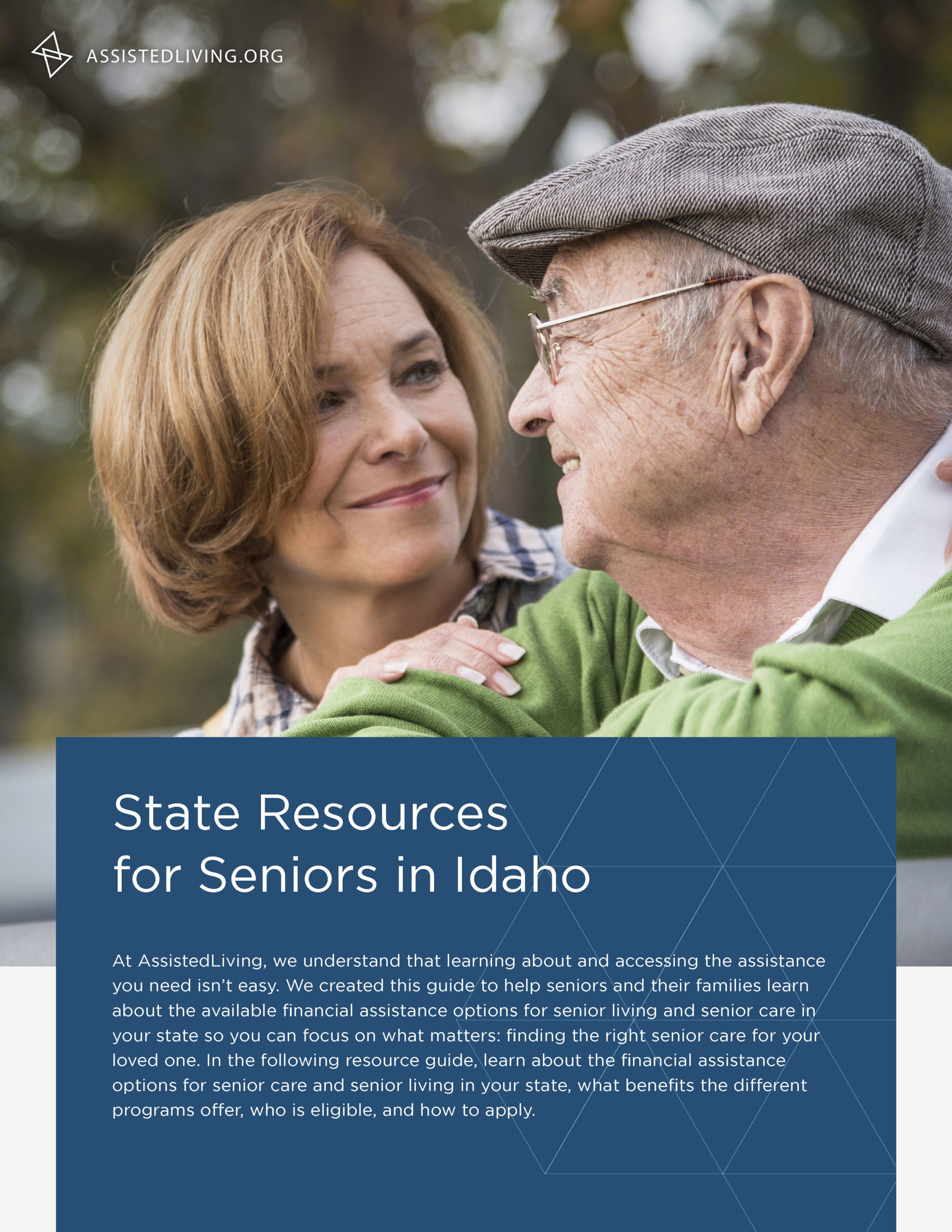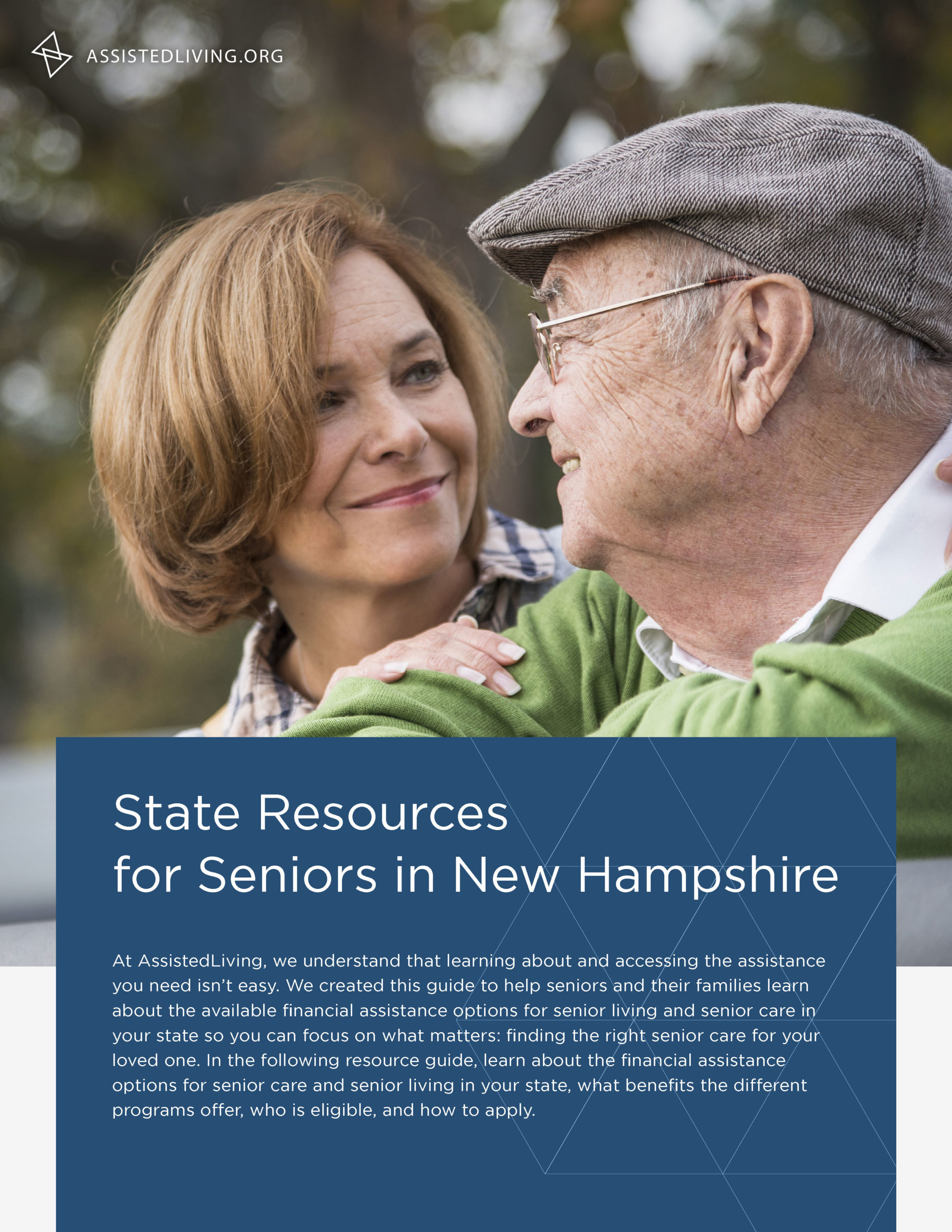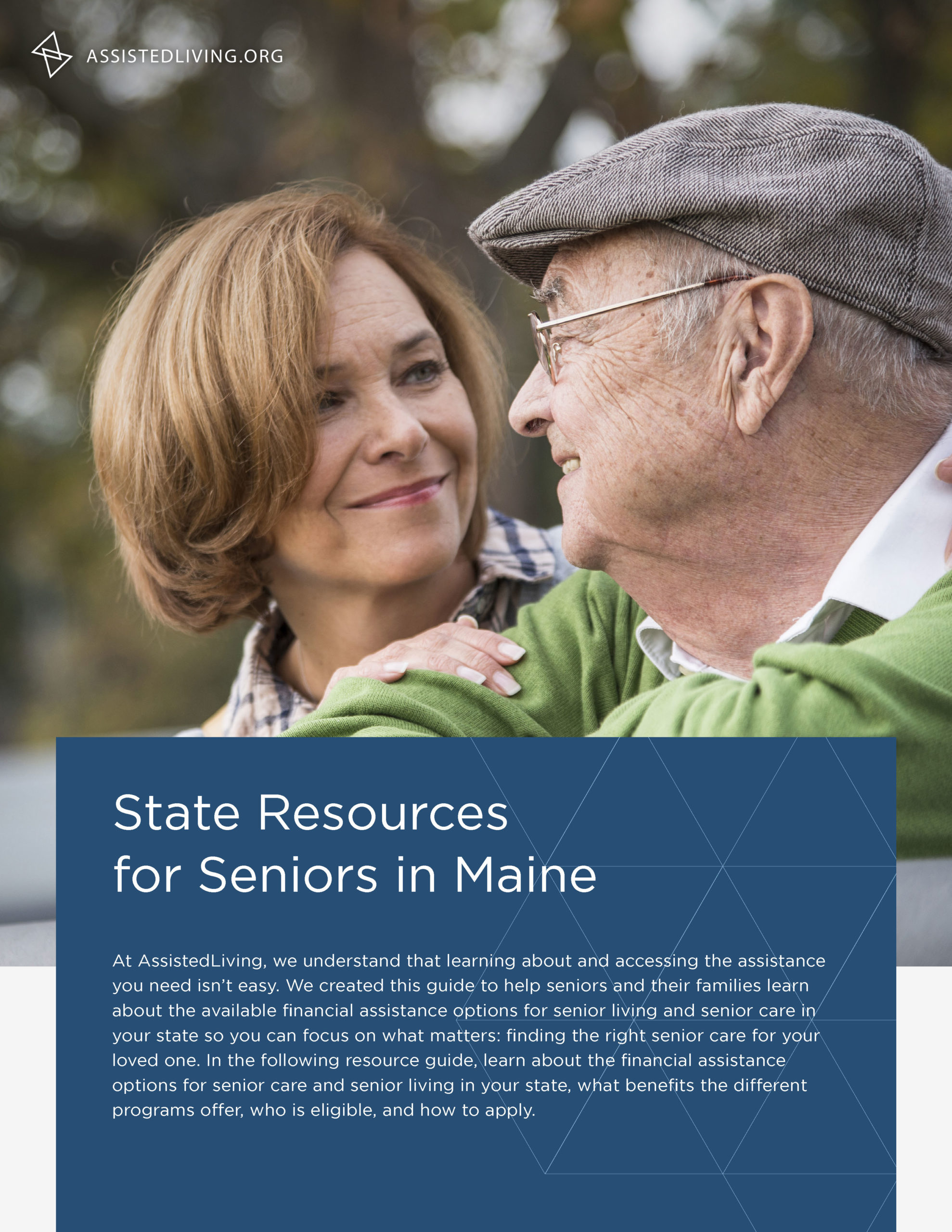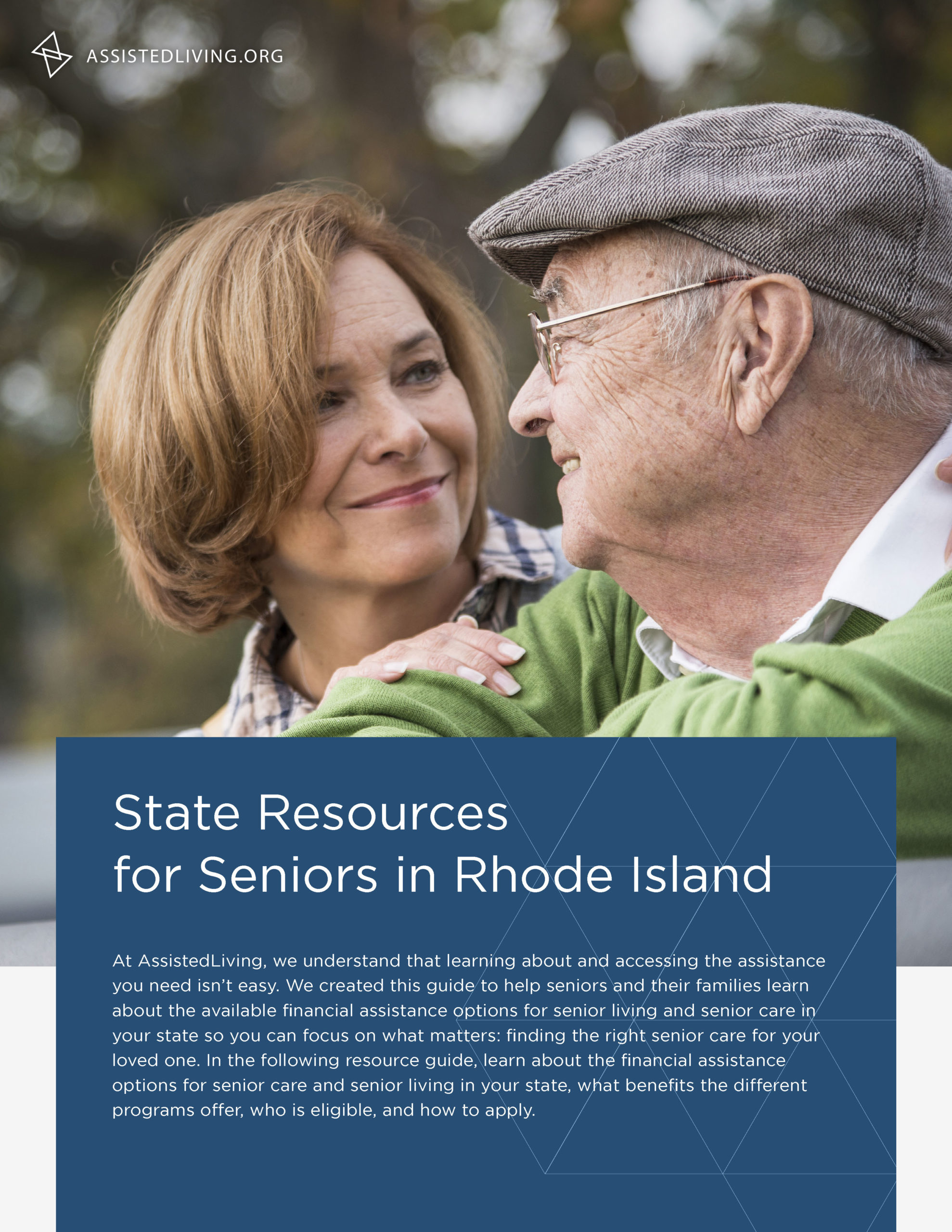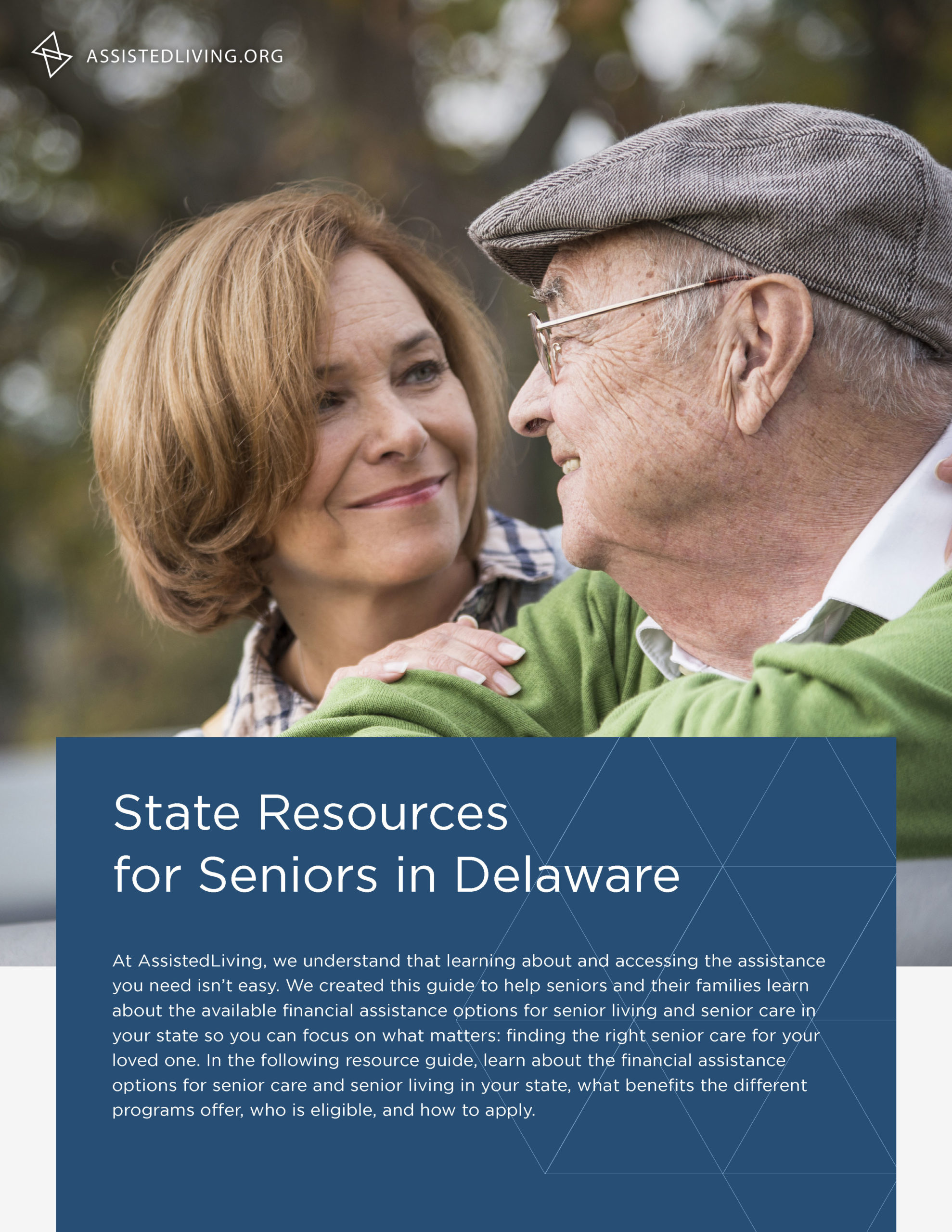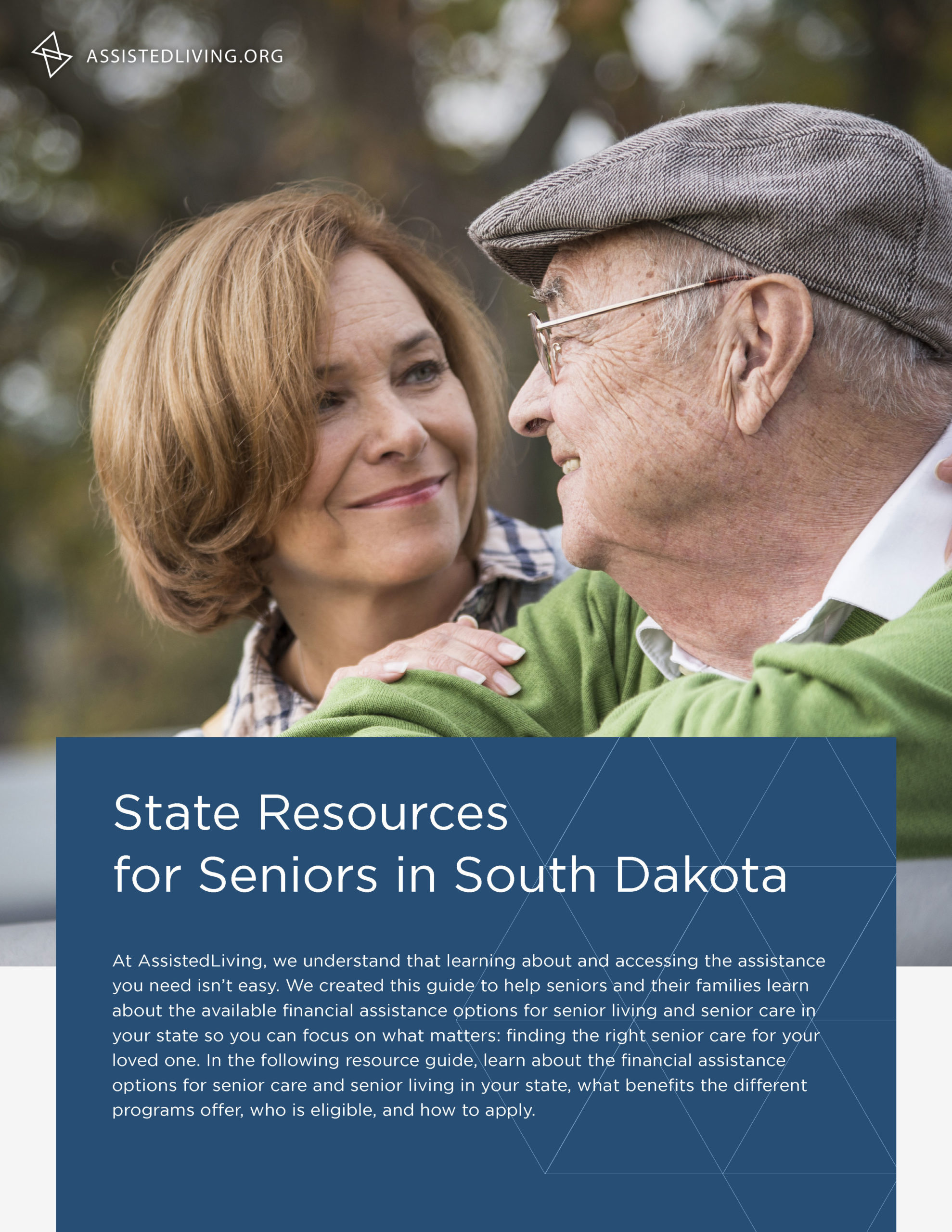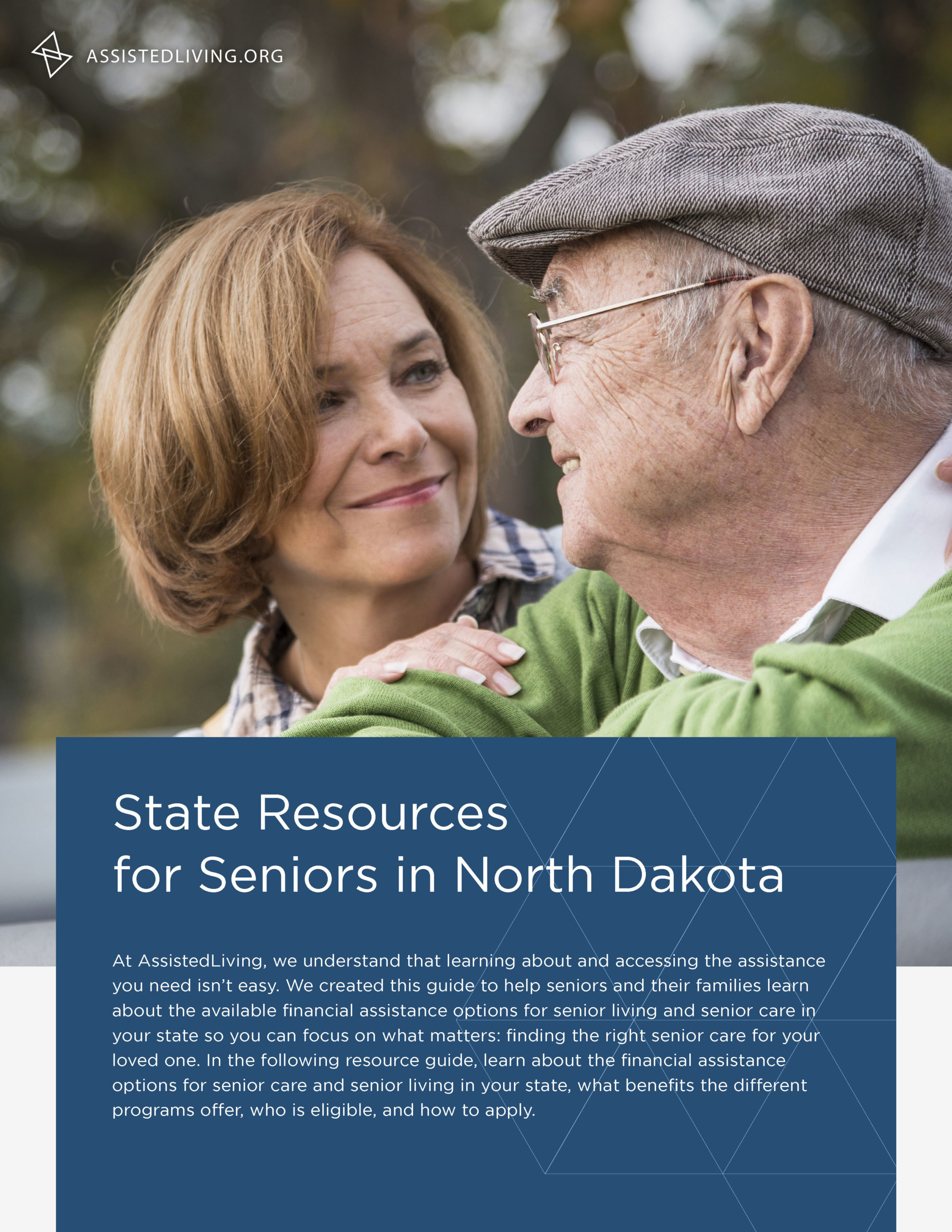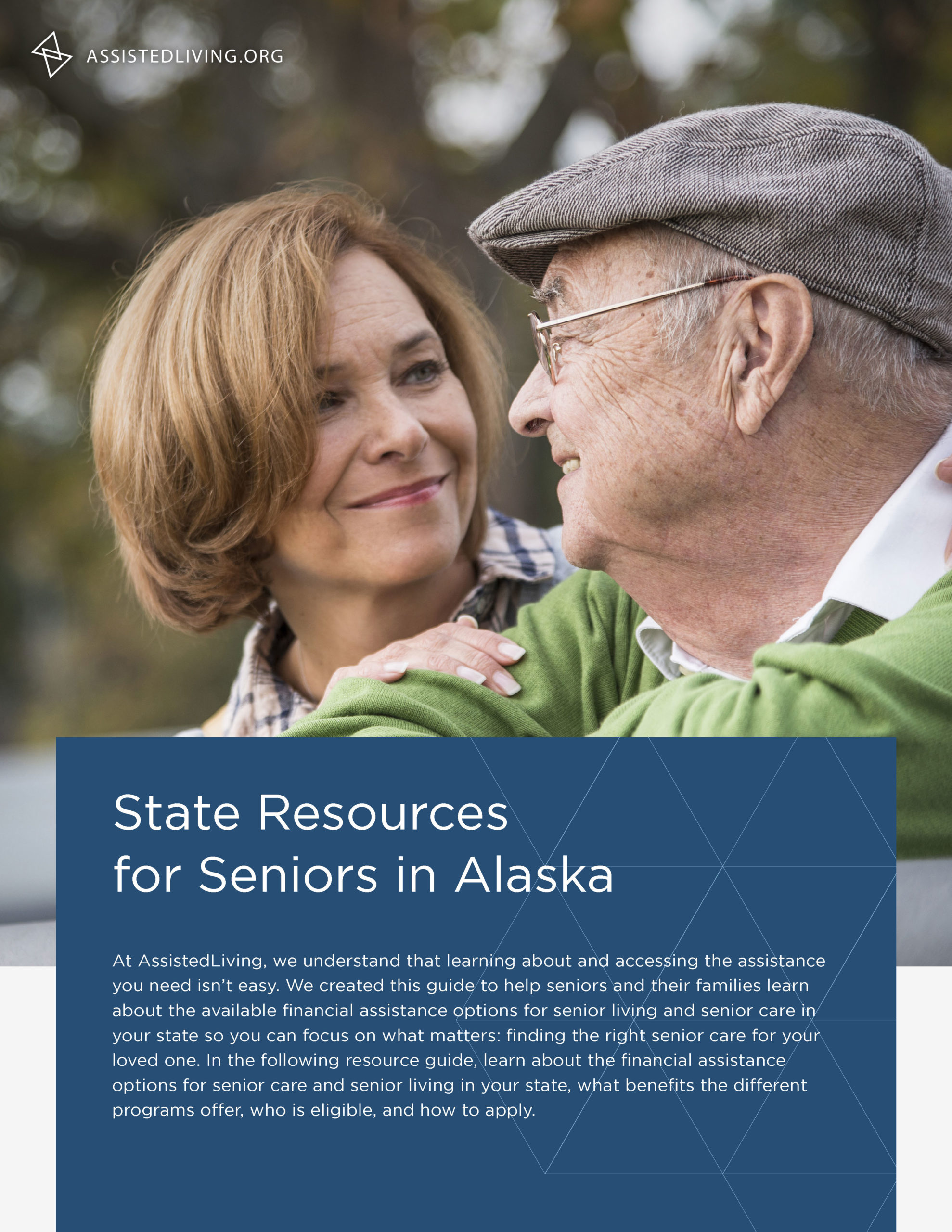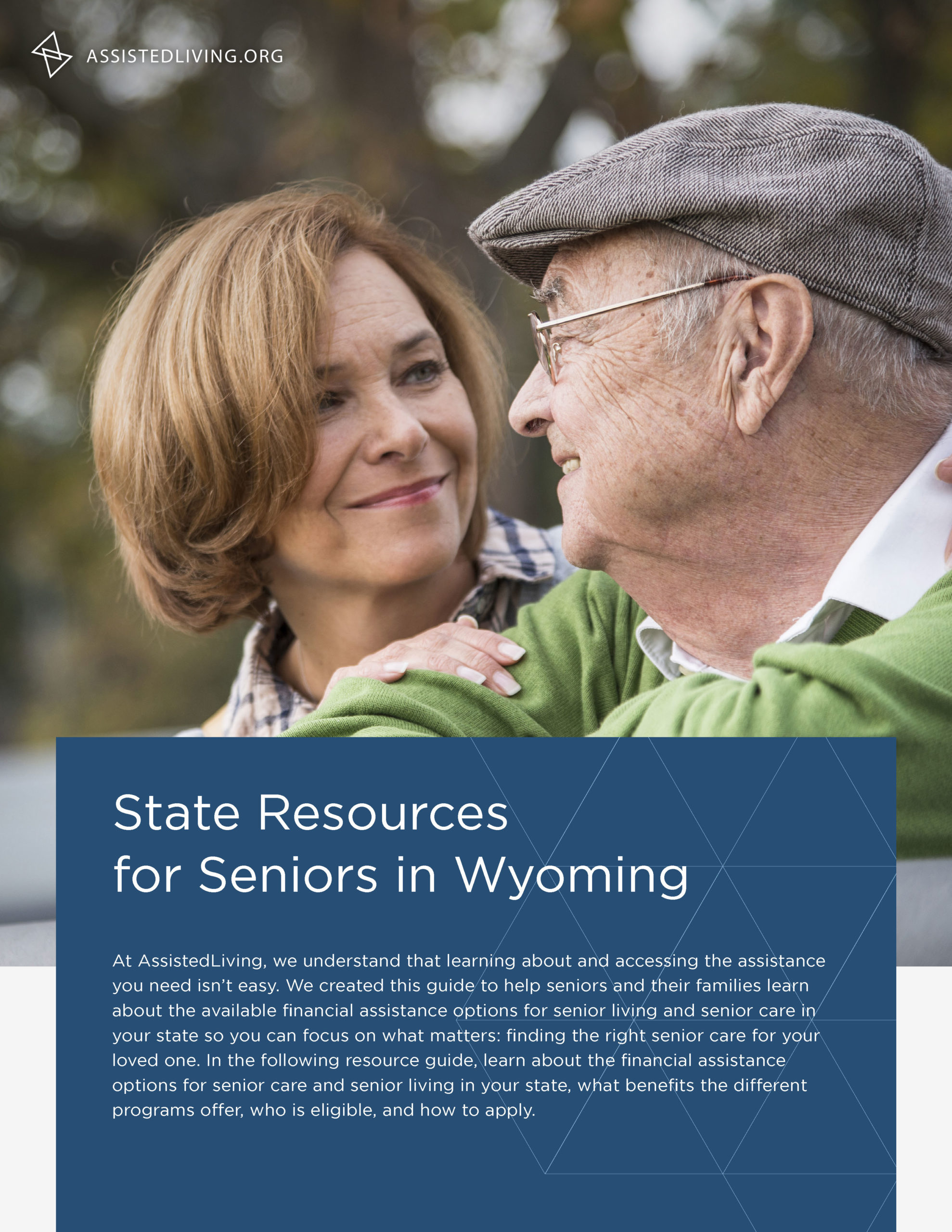Find Assisted Living in Your Area

As seniors age, their bodies may become less efficient at utilizing nutrients, making it even more critical that their daily meals are nourishing and healthy. Unfortunately, many factors such as a decreasing appetite, limited mobility, and lack of access to a variety of healthy options often contribute to American seniors struggling to consume the right balance of nutrients or the correct number of calories. This can be an even greater challenge for older adults who follow strict vegetarian and vegan diets.
In this guide, seniors and their caregivers can access important nutritional guidance that pertains exclusively to vegetarians and vegans. Also included is information about the benefits of vegetarianism and veganism, as well as particular challenges and obstacles that seniors following these types of diets commonly face. Furthermore, resources are provided to help seniors obtain healthy vegetarian and vegan meals when access to such foods is limited.
Health Benefits of Following a Vegan or Vegetarian Diet
There are many potential benefits of following a vegan or vegetarian diet, many of which are likely to appeal to older adults and senior citizens. For example, people who follow vegetarian or vegan diets often report an increase in energy and cognitive function. Furthermore, research suggests that such diets have anti-inflammatory effects, may lead to better sleep, and can prevent or control the symptoms of autoimmune diseases, such as rheumatoid arthritis or multiple sclerosis. Vegetarian diets may also lead to a decreased risk of cancer, heart disease and type 2 diabetes.
In the table below, these and other potential benefits are further explained:
| Benefit | How a Vegan/Vegetarian Diet Helps |
| Increased energy | Because plants are rich in important micronutrients, they increase the body’s energy levels. In contrast, animal-based foods mostly contain macronutrients such as fat, protein, and carbohydrates and, therefore, don’t have the same energy-boosting effects. |
| Healthier skin | Vitamins commonly found in plant-based foods, as well as other bioactive compounds like beta carotene, polyphenols and phenolic acids, can hydrate and brighten skin, while reducing wrinkles and hyper-pigmentation. |
| Lower stress | Some studies suggest that vegetarians may experience a healthier, happier mood compared to those who consume an omnivorous diet. This may be because of a higher intake of polyunsaturated fat and a lower intake of arachidonic acid from vegetarian foods. |
| Improved immunity | The large amounts of antioxidant and anti-inflammatory phytochemicals and lower levels of saturated fats in vegetarian diets may help reduce inflammation and improve immunity. |
| Improved cognitive function | Studies suggest that the antioxidants and polyunsaturated fatty acids in plant-based diets have a positive effect on cognitive wellness. It is believed such diets prevent cognitive decline by lowering oxidative stress, cardiovascular risk, and neuroinflammation, which are linked to memory and executive function. |
| Improved sleep and mood | Vegetables, fruits, whole grains, and other plant-based foods contain serotonin and dopamine. Serotonin is critical in the regulation of sleep and mood, while both serotonin and dopamine are considered feel-good hormones. |
| Decreased risk of disease | As mentioned earlier, studies have shown that veganism and vegetarianism are thought to decrease the risk of chronic illnesses including cancer, type 2 diabetes and coronary heart disease. |
Challenges of Vegetarian and Vegan Diets and Solutions
While the benefits of a vegan or vegetarian diet are plentiful, there are downsides to eliminating meat and/or other animal byproducts entirely. Most notably, these include limited access to a variety of plant-based foods, as well as issues with nutrient deficiencies.
The challenges that seniors most frequently face when following vegetarian or vegan diets are outlined below.
Access to Food Options
Access to animal-free foods can be limited, especially for low-income seniors or older adults who live in remote areas and lack a mode of transportation. In fact, some low-income or remote areas are considered “food deserts” because they are far from larger supermarkets or grocery stores that sell nutritious foods, such as fruits, vegetables, and whole grains for reasonable prices. Smaller stores that may be closer typically have less variety and charge higher prices for healthier food items.
A limited selection of plant-based foods is also a common problem among seniors who live in continuing care homes such as nursing homes and assisted living facilities, as well as those who choose to dine with family members either at home or in restaurants. Unfortunately, the lack of options can often result in seniors getting inadequate amounts of protein. This is because plant-based proteins may not be “complete” and so a variety of whole grains, beans and lentils is necessary to get adequate amounts of the nine essential amino acids.
Nutrient Deficiencies
Meat often contains important nutrients, including iron, vitamin B12, and protein. Insufficient iron intake or absorption can result in iron deficiency anemia and the nonheme form of iron typically in plant-based foods is less bioavailable than the heme version in red meats and seafood. However, those on a plant-based diet can pair iron-rich foods like lentils, tofu, and spinach with foods high in vitamin C such as broccoli, strawberries, and tomatoes to improve their iron absorption.
B12 is also important and affects nerve, blood, and DNA health, and deficiencies can lead to pernicious anemia. Vegetarians can obtain this vitamin from eggs and dairy products or nutritional yeast, some mushrooms, algae, and fortified cereals. Inadequate protein in a senior’s diet, like iron and vitamin B12, can also cause significant problems. These include a compromised immune system, healing ability, and recovery process following illness. The inclusion of complete plant-based proteins like quinoa or soy or foods that combine to form complete proteins can help seniors meet their protein requirements.
While an imbalanced plant-based diet can result in serious nutrient deficiencies, the right combination of healthful foods can provide the nutrients the body needs, leading to optimal health in vegan and vegetarian seniors.
Overcoming Nutritional Challenges
While the challenges of following a vegan or vegetarian diet can feel overwhelming for seniors, particularly when it comes to trying to socialize with friends and family who don’t follow the same diet, there are ways to overcome them. These include looking over menus for plant-based options before eating out, bringing along their own foods that they can consume, or eating a meal at home beforehand.
Seniors who are entering long-term care should consider discussing their dietary restrictions with homes prior to signing any contract or moving into a new facility. Many long-term care homes offer various plant-based options for residents, with some providing multiple choices at every meal. Some communities may offer more options than others, so it’s worth doing your research. Ensure that there is a large selection of foods to choose from to avoid health problems and nutrient deficiencies.
Getting Started on a Plant-Based Diet

Seniors who may be interested in switching to a vegan or vegetarian diet may find the potential health benefits of doing so appealing. Others may consider switching their diet to align with their beliefs and morals. Regardless of the reason, there are some steps that should be followed prior to making dramatic changes to one’s diet.
- Talk to your healthcare provider: Dietary changes can be difficult on the digestive system and on the body in general. That’s why it’s important to consult a physician or another healthcare provider who can provide guidance and oversee the change.
- Meet with a registered dietician: A dietician can help new vegans and vegetarians develop meal plans that include adequate protein, vitamins and minerals.
- Go slowly: Because of the stress the digestive system is likely to go through when undergoing a major dietary change, it’s important to take it slow. A gradual transition to eating less and less meat until it’s completely eliminated and eating more and more plant-based foods might work better for some seniors than becoming vegetarian or vegan in one day or week.
- Explore a variety of plant-based options: Plant-based proteins have been improved dramatically in recent years. Seniors should take time to try different brands of meat substitutes until they find something they like.
- Take supplements daily: Daily supplements, especially calcium, vitamin D, iron and vitamin B12 can help seniors maintain optimal health, especially when these elements are missing from their daily diet. Always check with your doctor before taking supplements, however, to make sure they won’t interfere with medications you’re taking.
Special Considerations for Seniors Living With Health Conditions
Many seniors are living with health conditions such as diabetes, kidney disease, cancer and mobility issues. These barriers can make it more challenging to access the necessary foods to follow a balanced diet, especially when meat and/or animal byproducts aren’t on the menu.
Diabetes
Seniors living with diabetes should be careful when following a vegetarian diet. Although the right combination of vegetables, fruits, nuts, legumes, and whole grains can lead to better blood sugar control and increase the body’s responsiveness to insulin, too many simple carbohydrates such as potatoes, white rice and white bread can have a harmful effect on blood sugar levels.
As a guide to help you when deciding what foods to eat, look for foods that have low values on the glycemic index, and therefore have less of an impact on blood sugar levels. Ideally, the overall GI value for each meal should also be low. A diet with large amounts of low-GI and complex carbohydrates and minimal amounts of animal fats can help vegetarian seniors maintain a healthy blood sugar level, control their blood pressure and reduce their risks of developing high cholesterol and heart disease.
Renal Disease
According to the National Kidney Foundation, a vegetarian or vegan diet can be beneficial to those with renal disease. That’s because large amounts of meat or dairy can be difficult for the kidneys to process. Of course, a healthy lifestyle is a vital part of living with renal disease. That diet should include a variety of plant-based proteins, low-sodium foods and a balance of sodium, potassium and phosphorus.
Cancer
Diets high in plant-based foods with limited to no meat may be recommended depending on whether an individual is trying to prevent, treat, or recover from the treatment of cancer. The American Institute for Cancer Research has a challenge designed to reduce the risk of cancer that includes increasing plant-based and whole grain foods, reducing red meat and eliminating processed meats. However, this meal plan is not exclusively vegetarian.
Guidelines are somewhat different for those who have received a cancer diagnosis. John Hopkins Medicine’s dietary recommendations for individuals to follow during cancer treatment, are almost exclusively vegetarian. In fact, plant-based proteins, such as legumes, seeds, and nuts are described as some of the best foods to consume during chemotherapy or other treatments. Healthy fats from avocados, olive oil, and walnuts and minimally processed carbs like bran and oats are also highly recommended.
For those who are recovering from cancer treatment, the American Institute for Cancer Research provides a nationally available nutritional program. This plant-based program promotes a diet of vegetables, fruits, beans, and whole grains.
However, keep in mind that these are general recommendations and guidelines. Before making any dietary changes, seniors should always discuss their diet with their oncologist or primary care provider to ensure that it’s appropriate for their unique condition.
Mobility Issues
Seniors and older adults with mobility problems, particularly those who are homebound, may struggle to access the foods they need to stay healthy. Feeding America’s 2021 report on senior hunger found that seniors aged 60+ with disabilities were more than twice as likely to experience food insecurity as seniors without disabilities. For older adults aged 50 to 59, accessing quality nutrition was even more of a challenge, and those with disabilities were more than three times as likely to experience food insecurity as those without disabilities.
In most cases, Meals on Wheels and other meal delivery organizations can make accommodations for housebound seniors with special diets, including vegan or vegetarian diets. Another resource is Full Cart, a virtual food bank run by the nonprofit U.S. Hunger, which delivers a box with fresh produce or shelf-stable items such as lentils, rice, beans, and cereals to your doorstep. Though currently at capacity, Full Cart has an open waitlist.
Vegetarian and Vegan Options in Senior Living Communities Across the United States

Dietary options can vary depending on the community seniors live in. There are several located throughout the United States that are known for providing customized diets for seniors who are vegan, vegetarian or otherwise limited in what they’re able to eat.
It’s important for seniors to discuss their dietary limitations with their care coordinator upon admission, or prior to signing a contract with a new assisted living facility or nursing care community, as some facilities may not provide vegan or vegetarian options as part of their daily meal plan.
Some of the best communities making this option available are listed in the table below.
| Community | Website | Food Philosophy |
| Brookdale Senior Living | brookdale.com | Brookdale Senior Living is a chain that provides seniors with a continuum of care that includes independent living, assisted living, memory care and nursing homes at various facilities across the United States. These communities typically provide seniors with three daily meals planned according to resident feedback. Dietary restricted meals and alternative meal choices are always offered. |
| Atria Senior Living | atriaseniorliving.com | Atria Senior Living serves seniors in nine states, providing independent living, assisted living and memory care. The community offers its residents a variety of special dietary options, such as vegan and vegetarian dishes. |
| Five Star Senior Living | fivestarseniorliving.com | Seniors across the United States rely on Five Star Senior Living to provide care ranging from independent living and Alzheimer’s care to assisted living and nursing care. Menus are customized to match seniors’ unique tastes, prescribed diets and restrictions such as veganism or vegetarianism. |
| Sunrise Senior Living | sunriseseniorliving.com | Sunrise Senior Living provides independent living, assisted living, memory care, skilled nursing and other services to over 20,000 residents in more than 270 communities across North America. Sunrise staff learn resident dietary needs and preferences and provide them with customized meals, which can include vegan and vegetarian options. |
| Cogir Senior Living | cogirseniorliving.com | Cogir Senior Living is a smaller chain of communities that provides independent living, assisted living and memory care for seniors in neighborhoods across the west coast. It’s known for accommodating a variety of special diets, as well as on-site snack bars and restaurants. |
| Watermark Retirement Communities | watermarkcommunities.com | Watermark Retirement Communities provide independent living, assisted living, memory care, and additional services to seniors at locations in 19 U.S. states. The company provides its residents with an array of dining options that cater to special dietary needs, including restaurant-style vegan and vegetarian cuisine for those who request it. |
| Vi Living | viliving.com | Vi Living is a continuing care chain that provides seniors with various levels of care in its 10 communities, which are located throughout the U.S. The chain is known for luxury living, providing seniors with lavish restaurant-style meals that are customized to suit residents’ tastes and dietary restrictions. |
| BeeHive Homes | beehivehomes.com | BeeHive Homes provides assisted living and memory care for seniors at locations throughout the United States. Its culinary team is dedicated to meeting the unique needs and tastes of every resident, providing options that include vegan and vegetarian meals. Unlimited snacks and beverages are part of the amenities. |
| Erickson Senior Living | ericksonseniorliving.com | Erickson Senior Living serves seniors in 11 states, providing campus-style retirement living for those requiring assisted living, memory care or skilled nursing care. Independent living is also available at each of the chain’s 20+ communities. Residents have access to a mobile app that gives menu nutritional information and staff comply with customizations or special requests, such as using vegan or vegetarian ingredients. |
State Resources to Help Seniors Access Nutritious Foods
Seniors who struggle to access fresh fruits, vegetables and other healthy foods can access various government-funded and nonprofit organizations that help to provide nutritious foods, free of charge. Find your state below to learn more about the options available in your area.



